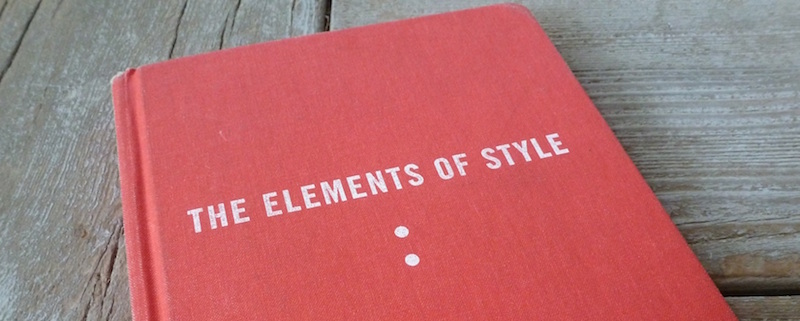Category: Grammar
-
A Rambling Treatise on The Craft

Nothing arouses me more than when a reader, as if hoodwinked by a magician, thinks I have talent.
-
Book Review: On Writing, by Stephen King

“What I took from this book? Stephen King is not superman, and neither does the aspiring writer need to be. King makes it clear, writers are made in the trenches, and those who put their nose to the grindstone, and never let anything stop their writing, succeed.”



